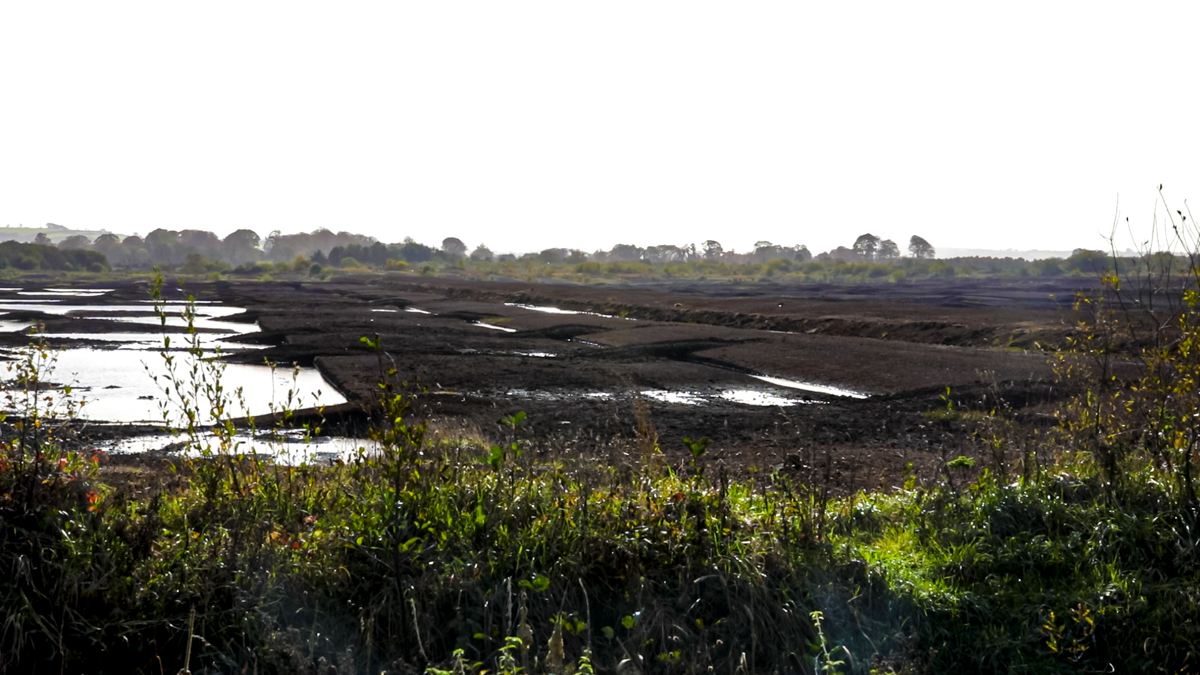The Green Party is the latest political party to respond to the news today (Wednesday, July 12) that MEPs have voted in favour of a revised version of the proposed Nature Restoration Law at the European Parliament.
In June 2022, a Nature Restoration Law to increase biodiversity in areas including managed forests and agricultural land was proposed by the European Commission.
The proposal has an aim of restoring 20% of EU land and sea by 2030, and all ecosystems in need of restoration by 2050. It also includes binding restoration targets for specific habitats and species.
In a statement following today’s vote by MEPs, the Green Party said: “The new law will help to reverse decades of decline in biodiversity by setting legally binding targets to restore nature across member states and bring ecosystems into good condition.
“It will set ambitious goals for wild birds, bees, butterflies, free-flowing rivers, woodlands and oceans, with valuable co-benefits for climate, water, agriculture and the economy.”
Deputy Brian Leddin, Green Party spokesperson on transport, climate action and the environment said: “This vote will prove vital in reversing the disastrous decline in nature and biodiversity that we have witnessed in recent decades.

“I know this wasn’t easy for some Irish MEPs who had to contend with enormous amounts of misinformation and pressure from well-funded lobby groups. But they have taken an important stand that history will reflect kindly on.”
With the European Parliament, EU Council and European Commission all now having adopted proposals for a Nature Restoration Law, talks are expected to begin in September in order to agree the final form that the new law will take.
Further reaction on Nature Restoration Law
Meanwhile, Fine Gael MEP Colm Markey has expressed disappointment with the handling of the proposed Nature Restoration Law by the European Commission.
The Midlands North-West MEP voted in favour of an amended version of the legislation, which is broadly in line with the position of the Irish Government. However, Markey said the polarised nature of the debate could have been avoided.

He commented: “It’s a pyrrhic victory for nature restoration. The European Commission comes out of it very badly and those who are trumpeting the result as a success are just trumpeting a PR [public relations] angle that suits their agenda.
“In reality, I won’t look back at this being a great day for biodiversity because ultimately, we failed to bring people on board.
“The debate became so polarised, there was no room left for some measure or meaning in the middle and if we criticised elements of the proposal, we were branded as being against nature restoration,” Markey added.
He has claimed that the blame lies with the European Commission which he said did not engage in any meaningful way from the beginning to get a substantial, workable deal.
“The EPP [European People’s Party] Group did not help after putting a mark in the ground and then walking away without offering any positive way forward,” he added.
Markey, who sits on the European Parliament’s Committee on Agriculture, concluded: “I was pleased that a number of amendments which I supported got through today. In particular, a proposal to ensure that dedicated funding should come from outside the Common Agricultural Policy [CAP] is welcome.
“We can’t expect people to do more for the same money. I was also pleased that member states have more of a say about how to properly implement the law. I do hope lessons can be learned by all sides and that we can approach similar issues in a more proactive way in the future.”
Social democrats on Nature Restoration Law
Today’s passing of the Nature Restoration Law by the European Parliament will be meaningless if the final text of the legislation is watered down any further, according to Social Democrats TD Jennifer Whitmore.

Deputy Whitmore, who is the party’s spokesperson on climate action and biodiversity, said: “While the results of today’s vote in Strasbourg will see the Nature Restoration Law live to fight another day, the devil will be in the detail of whatever deal is eventually agreed by MEPs and member states over the coming months.
“Already we have seen amendments that have removed some of the key measures of the law, including the rewetting of peatlands.
“This has been one of the most contentious elements of the proposed law, helped in no small part by political scaremongering and the spread of disinformation,” she added.
The TD said that in negotiations to secure a deal on the final text, the Irish Government must insist that ambition levels – both in terms of required measures and timelines – are not eroded to such an extent that the law will be rendered “useless” in practice.
Rural Independents
The Rural Independent Group of TDs has strongly criticised today’s vote, which it claims requires Ireland to rewet tens of thousands of hectares of land as part of the EU’s blueprint Green Deal.

In response to the narrow adoption of the highly controversial Nature Restoration Law, Deputy Mattie McGrath, leader of the Rural Independent Group, expressed dissatisfaction.
“We are extremely disappointed with the outcome of this vote. This law imposes stringent and unrealistic targets for Ireland, demanding the rewetting of at least 24,968ha by 2030, followed by 66,580ha by 2040, and a staggering 83,225ha by 2050,” he said.
“To put this into perspective, these targets would cover an area nearly the combined size of Dublin, Limerick, Galway, and Waterford cities by 2030. By 2050, an area equivalent to the entire agricultural lands of Co. Leitrim would be affected.
“While some may argue that the original text has been weakened by amendments, the fact remains that the current text is still excessively rigid, and once approved, the proposal will be legally binding on all member states, including Ireland,” McGrath added.
The Rural Independents said that the legislation “undermines” Irish agriculture and will have a detrimental impact on farmers’ ability to earn a living.
“Despite Fianna Fail, Fine Gael, and the Green Party already endorsing this law at the EU Council level, a move that can only be described as an extremely unfair and calculated attack on rural communities, the Rural Independents Group of TDs strongly opposes its implementation,” Deputy McGrath continued.
“The reality is that too much land in Ireland will now be reserved for nature restoration (rewetting), at the expense of food production, housing, transport, and even energy transition.
“In Ireland, we believe this proposal could severely hinder economic growth and contribute to a shortage of available housing and potential food security problems,” he concluded.
